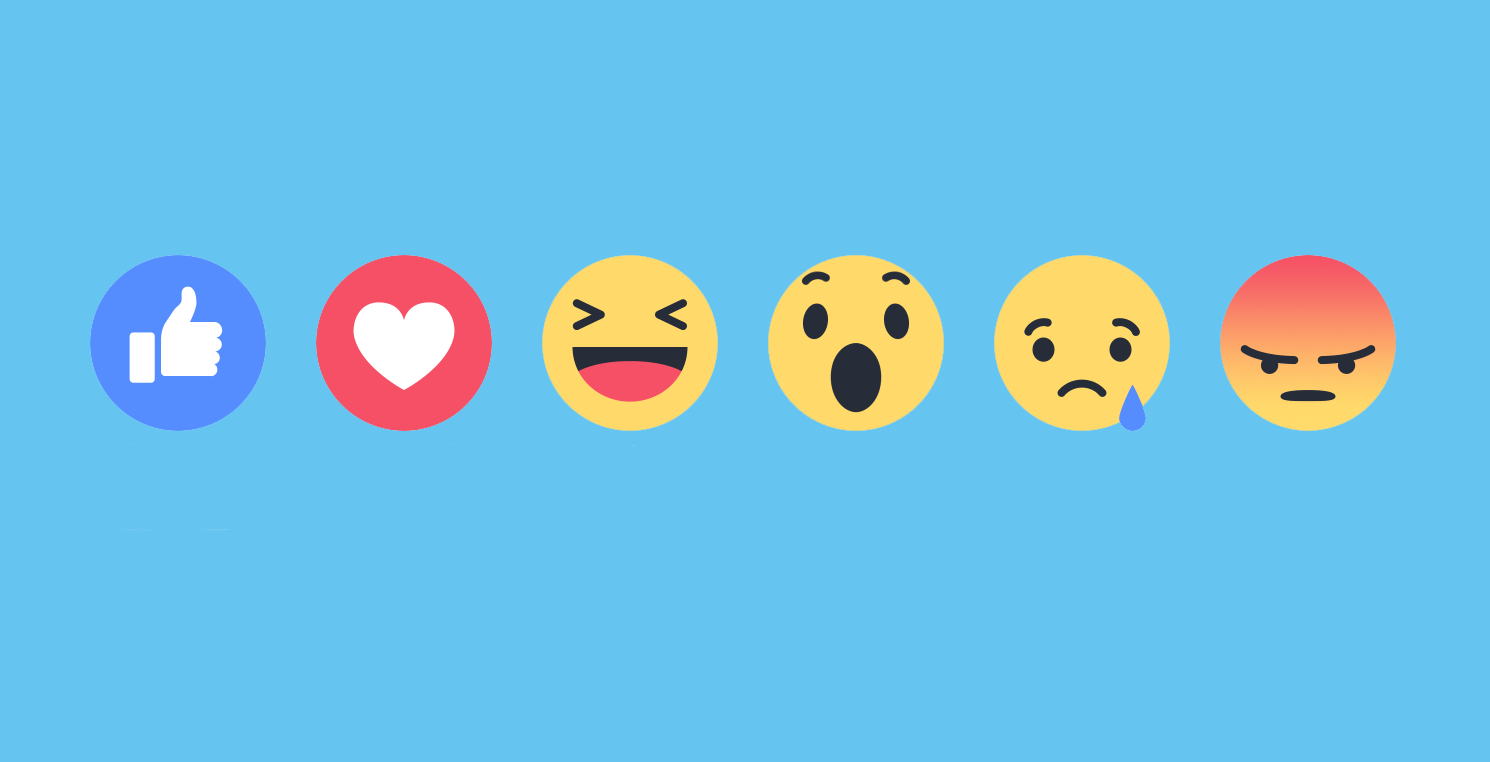Mark Zuckerberg’s Awkward Two-Day Hearing
Apr 13, 2018 • Kyzia Maramara

Apr 13, 2018 • Kyzia Maramara
Over the past few days you might have seen a repetition of the words privacy, invasion, Facebook, collection, data, data, and data on your newsfeeds and headlines. What is that all about, one might wonder? To those who haven’t caught on, there’s an on-going issue Facebook is addressing and it’s about the social media behemoth collecting and retaining almost all your data once you log in and, rumors say, even when you log out.
Anyone old enough to know what a smartphone is and has access to the internet probably has their own Facebook account. Facebook has come so far since it was invented in a dorm room in the mid-2000s as a means to have better communication among Harvard students. It is now used by billions of people to connect with their loved ones, and share even the most mundane happenings in their lives.
We rely heavily on this particular social media site. In businesses alone it has become a key component in advertising: it’s where advertisers allocate a lot of money for ad distribution and where merchants update their customers on the latest news. And speaking of news, Facebook might as well be called the digital newspaper of our era. Everything you probably know about today’s happenings came from what you saw on your Facebook timeline.
Don’t even get us started on memes!
Suffice to say Facebook is a big part of our lives. Now what happens if all our information is leaked? What happens if our private information is gleaned and filed somewhere to be manipulated in case the evil guys need it? Who do we blame?
I want to share an update on the Cambridge Analytica situation — including the steps we’ve already taken and our next…
Posted by Mark Zuckerberg on Wednesday, March 21, 2018
A few weeks ago, news broke out that data analysis firm Cambridge Analytica influenced American votes during the 2016 presidential elections, using information acquired from millions of Facebook profiles.
From the investigation, Facebook gave permission to a professor from the University of Cambridge to harvest information from users who downloaded his app called This Is Your Digital Life. The professor had access to Facebook users who downloaded the app and he collected data on their friends, likes and shares–everything they do on the social media site. However, the professor breached the Facebook rules when he provided the data of almost 87 million profiles to Cambridge Analytica.
Facebook is now in a bind, since it apparently allowed third-party apps to access and use millions of users’ information, allegedly using these to influence the US presidential elections. Facebook CEO Mark Zuckerberg has been harassed by netizens worldwide to explain his side until he was called to testify.
The breach clearly put into question data privacy issues, and encouraged industries and companies to strengthen their measures to safeguard data privacy.
If you know Facebook, you of course know who started it all, the current Chair and one of its founders, Mark Zuckerberg. People are quick to blame him, asking why he ‘willingly’ allowed a third party app access to information. But they forget that the apps they go through ask the user’s permission before proceeding. The people themselves allowed access to their own information.
Since the Cambridge Analytica issue, a lot of mistrust has been going on between Facebook and its users. Zuckerberg made it clear during a hearing that Facebook doesn’t sell user data per se, but instead trades it to know how to better target Facebook ads (which is how Facebook maintains its free services, btw).
We’re quick to point our fingers towards Zuckerberg and tell him it’s his fault, but Facebook is primarily user-driven: You create an account on your own, you volunteer information on your own. There’s only so much Zuckerberg can do to protect your privacy.
Welcome to the internet.
Want to freak yourself out? I’m gonna show just how much of your information the likes of Facebook and Google store about you without you even realising it
— Dylan Curran (@iamdylancurran) March 24, 2018
You might be alarmed to know that most of the things you do are tracked whether you’re logged in or out of Facebook. Even Google stores all your search history, your location whenever you turn it on, your hangouts, drive files, emails and everything in between–so data is never really deleted no matter how many times you clear your browser.
Facebook also stores all your information, including search history, photos, likes and shares, and even your messages! Just go to settings, click on ‘download a copy of your data’ and it’ll be sent to your email. Cringe at the past conversations with people your already forgot, and also, be creeped out that all this information you thought you deleted is still very much there.
But you must not be that surprised, right? After all, we willingly handed over our information by signing up for these different accounts and dumping everything we needed to store up there for the past few years. This is the future, everybody!
Pages: 1 2
Kyzia spends most of her time capturing the world around her through photos, paragraphs, and playlists. She is constantly on the hunt for the perfect chocolate chip cookie, and a great paperback thriller to pair with it.


Input your search keywords and press Enter.
